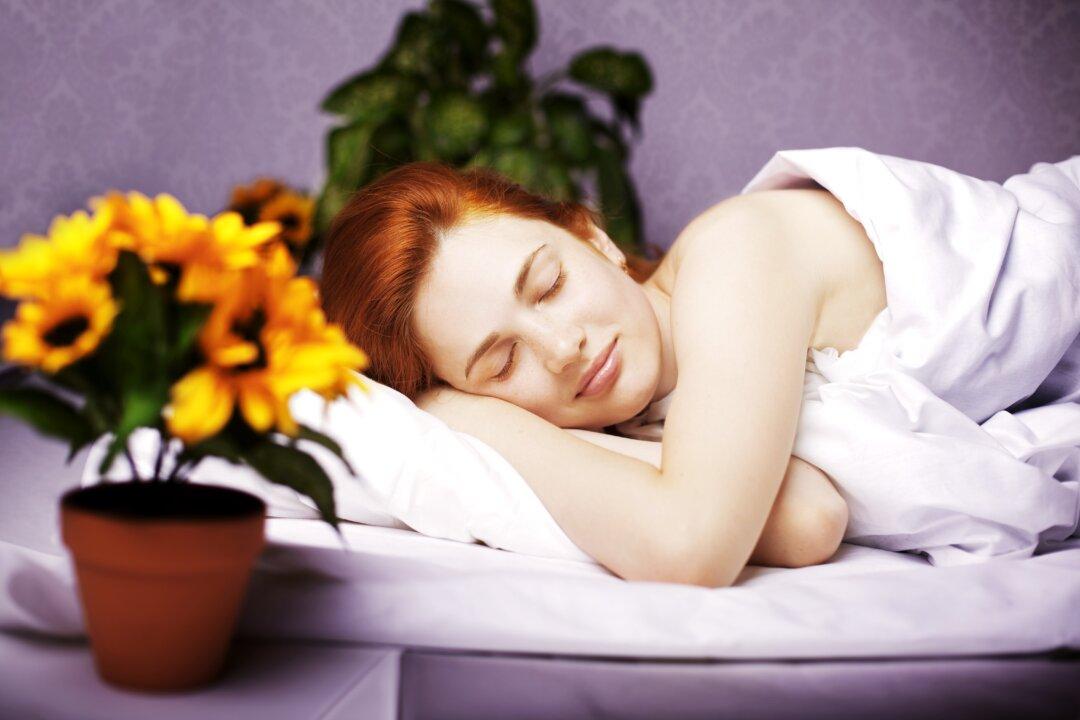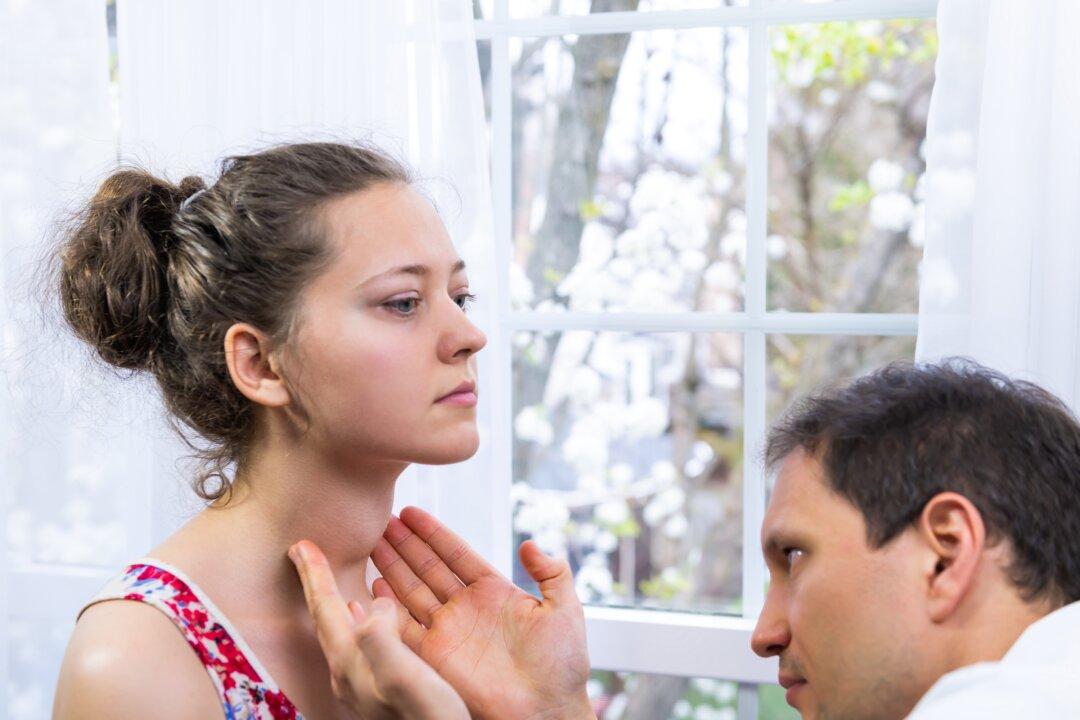Avoid the risks associated with sleep medications carrying “black box warnings” of harm (including death). Nature has several effective sleep aids ready to ease your tossing and turning and escort you gently into dreamland.
Sleep is as individualized as it is essential to your health. Whether you generally fall asleep easily or are more of an insomniac, it’s good to have a few tried and true sleep aids on hand that are gentle, effective and, most importantly, non-habit-forming. You never know when jet lag, stress, or an irregular period in your life may have you counting sheep and praying for sleep.





